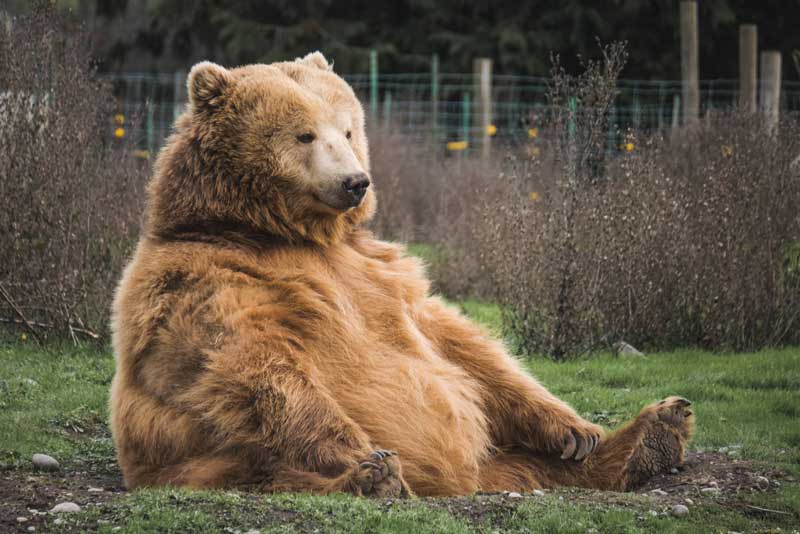Here’s a reason to celebrate: It’s Katmai National Park’s Fat Bear Week
You’ve probably heard of Shark Week but did you know that Katmai National Park in Alaska has Fat Bear Week— and it’s happening right now. What is Fat Bear Week, you ask? It’s the week each year when employees of the park ask the public to vote on which of the park’s bears has grown fattest over the summer in preparation for winter hibernation (and, friends, there are some truly fat bears in this competition.) Until October 8, the park will post photo match-ups of fat bears on their Facebook page until the chunkiest chubster is crowned the winner on October 8, aka “Fat Bear Tuesday.”
While Fat Bear Week is all fun and games, bulking up is serious business for Katmai’s bears. The bears feed non-stop on salmon to survive the winter, when they can lose up to a third of their body weight during hibernation.
The U.S. Forest Service is sending additional resources to WNC to fight potential wildfires
Due to recent hot and dry weather and the threat of pop-up thunderstorms in Western North Carolina, the U.S. Forest Service is sending in firefighting resources from seven states, including California, Arizona, Washington, Idaho, Montana, New Hampshire, and Pennsylvania. The crews are prepared to fight potential wildfires should they emerge.
During the month of September, 330 fires burned around North Carolina and over 70 percent of those fires happened in the last two weeks of the month. Even though conditions are ripe for wildfire, there are currently no burn bans in effect, but the public is encouraged to refrain from burning unless there is significant rainfall.
Lookup: The Orionid Meteor Shower is now active in the night sky
There’s not much better than a clear, cool autumn sky unless that sky is also filled with shooting stars. From October 2 through November 7, the Orionid Meteor Shower will produce up to 25 meteors per hour during its peak, which takes place overnight from October 21 into the morning hours of October 22. Sounds like the perfect time to book a campsite, don’t you think?
Fun fact: The dust that produces the Orionid Meteor Shower was left behind by Halley’s Comet, which last appeared in the inner part of our solar system in 1986 and won’t appear again in 2061.







